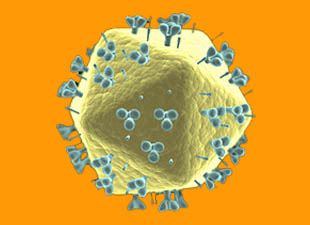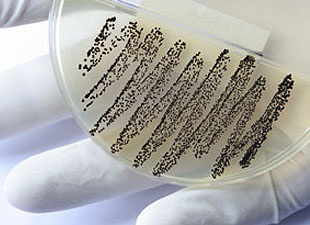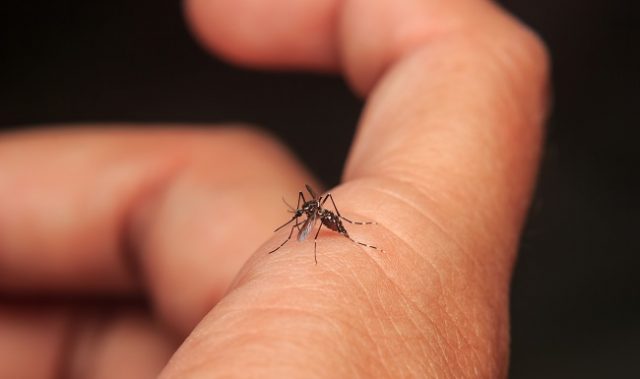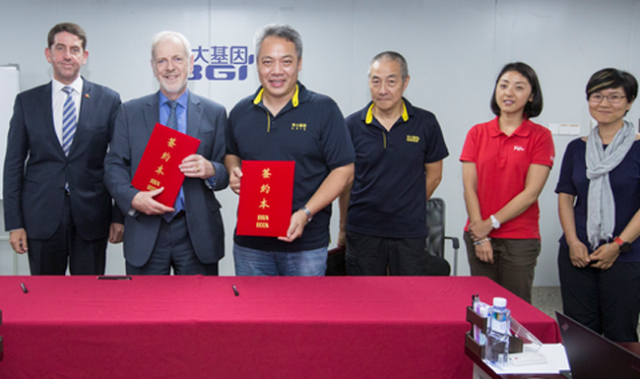
AsianScientist (Jun 18, 2014) – New treatments for inflammatory bowel disease and multiple sclerosis could be on the horizon, following the successful mapping of the genes of a parasitic worm in pigs. The global study involving 11 institutions in six countries, including BGI in China, has been published in Nature Genetics.
The human whipworm (Trichuris trichiura) infects around 1 billion people, mainly children in developing nations, causing dysentery, malnourishment and impairment of physical and mental development. In contrast, while the pig whipworm (Trichuris suis) causes disease and losses in livestock, it does not cause disease in humans. In fact, pig whipworm infection could even prevent inflammatory disease in humans, and has been used to treat inflammatory bowel disease and multiple sclerosis.
“We know that humans infected with the harmless, pig whipworm can have significantly reduced symptoms linked to autoimmune diseases. And now we have the genetic sequence of the worm, it opens the door to future human drug designs and treatment,” said lead researcher Dr. Aaron Jex from the University of Melbourne.
“The genes tells us about the proteins that this worm uses to interact with our immune systems. Knowing the worm’s molecular landscape could be very useful in starting to understand autoimmune diseases in humans,” said study co-author Prof. Robin Gasser, also from the University of Melbourne.
The pig whipworm genome also provides a model to study the human parasite.
The article can be found at: Jex et al. (2014) Genome and Transcriptome of the Porcine Whipworm Trichuris suis.
—–
Source: University of Melbourne.
Disclaimer: This article does not necessarily reflect the views of AsianScientist or its staff.












